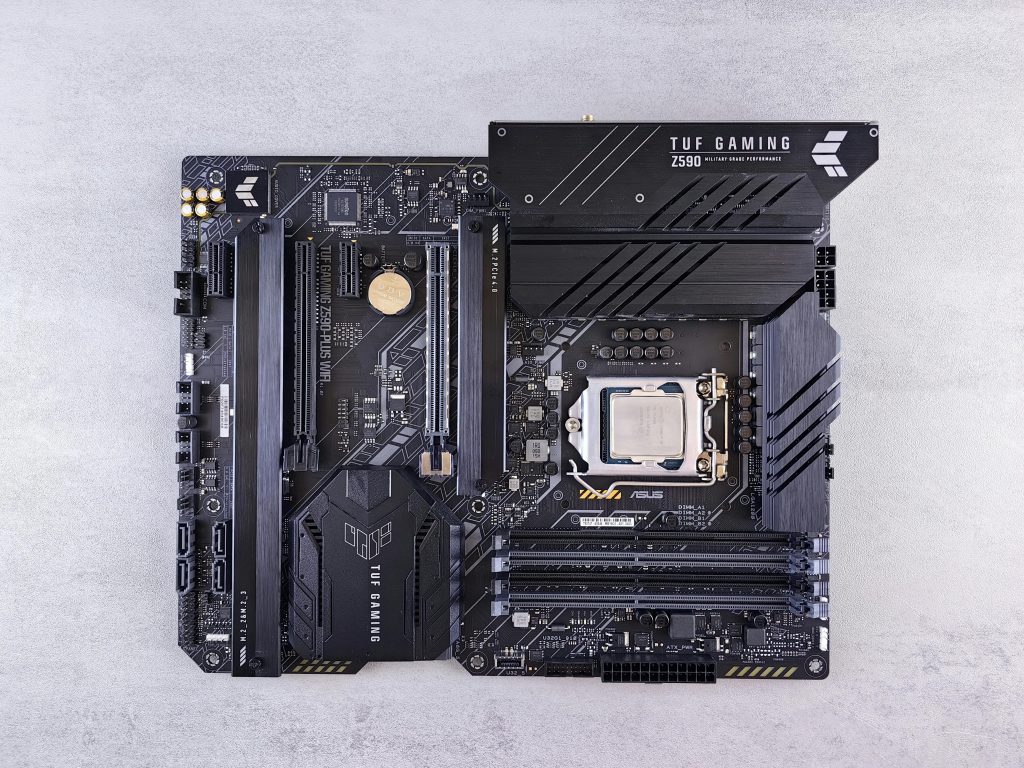Can You Repair a Laptop Charger at Home? A Guide to Troubleshooting and Safety Tips
Laptops are essential tools for work, gaming, and everyday tasks, and their chargers play a crucial role in keeping them powered. Sometimes, chargers can encounter issues, such as exposed wires or damage, raising questions about whether they can be repaired at home. If you’re facing a similar predicament, here’s what you need to know about troubleshooting and safely addressing a damaged laptop charger.
Understanding Your Laptop Charger and Its Risks
Before considering any repair, it’s important to identify your laptop model and the specifications of your charger. In the case of MSI gaming laptops, these often feature distinctive design elements such as a backlit keyboard, which can help you identify your specific model.
Common Causes of Charger Damage
- Exposed Internal Wires: Over time, the insulation around the wires can deteriorate, exposing the conductive metal inside.
- Physical Damage: Bending, twisting, or accidental impacts can cause internal wire disconnection.
- Overheating: Improper use or damage can lead to overheating, risking further degradation or potential safety hazards.
Can You Fix a Damaged Charger with DIY Methods?
In certain situations, small repairs might be possible, but they come with significant safety concerns. For instance, some users have attempted makeshift fixes such as wrapping exposed wires with tape or foil. While this can temporarily restore power, it is inherently unsafe due to the risk of short circuits, overheating, and fire hazards.
Important Safety Tip: Never attempt to repair a charger by using conductive materials such as aluminum foil or other makeshift solutions. These can cause serious electrical hazards.
Practical Steps for Repair and Safety Considerations
-
Inspection: Carefully examine the charger for visible damage, exposed wires, or frayed insulation. If wires are disconnected or frayed, it’s generally best to replace the charger rather than repair it yourself.
-
Temporary Solutions (Not Recommended): If you notice minor exposure and need a quick fix, some users temporarily cover exposed wires with electrical tape, ensuring there’s no contact with other metal parts. However, this is only a short-term measure, not a permanent solution.
-
Avoid Makeshift Repairs: Using foil or other conductive materials can cause more harm than good. These can lead to overheating, electrical shorts, or fires.
-
Seeking Professional Repair: If you’re not experienced with electrical repairs, it’s safest to consult a professional technician.
Share this content:



